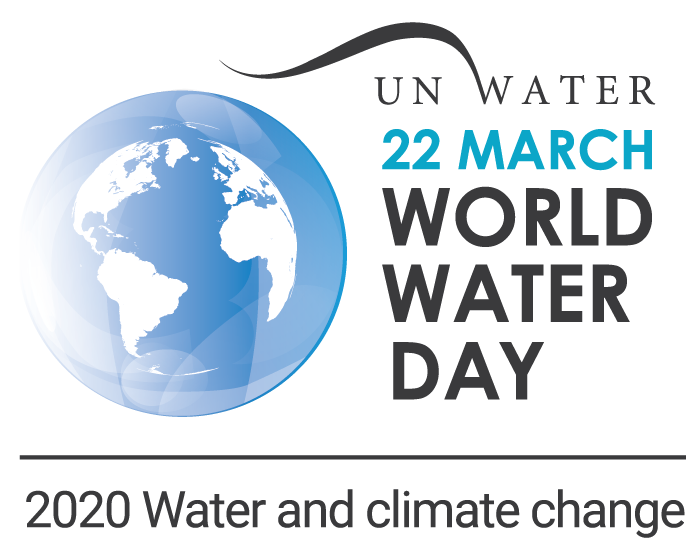ECOSOC at 80: Renewing Multilateralism in an Age of Global Uncertainty
On 23 January, the United Nations Economic and Social Council (ECOSOC) convened a commemorative session…
World Water Day is set for March 22. The UN calls upon all to recognize this basic commodity as an integral part of the Universe. True to its core, water is essentially part of everything from sustaining life, to being a utility in building infrastructure.

The theme for 2020 World Water Day is ‘Water and Climate Change’ and it explores how these are inextricably linked. The campaign shows how our use of water will help reduce floods, droughts, scarcity and pollution, and will help fight climate change itself. Climate change is making water scarcer, more unpredictable and more polluted. Adapting to climate change means protecting wetlands that double up to be carbon sinks, adopting climate-smart agricultural techniques, and increasing the safe reuse of wastewater. These milestones will save lives, promote prosperity and protect the health of all forms of life. Everyone has a role to play and we must each do our part to responsibly harness and use water and contribute to reducing the effects of climate change.
The ever-rising temperatures, as a result of greenhouse gas emissions, are melting the polar ice caps. Not only will this cause a rise in sea levels but also destroy vital habitats which both terrestrial and aquatic life depend on.
In the last few years, Africa has been experiencing unpredictable weather patterns of either long dry seasons or extreme rainfall and subsequent floods. As a result, agricultural yields and production has declined in the region with adverse impacts on food security and inducing serious implications for the development forecasts. Climate change affects the amount of water, in the form of rainfall, required for plant growth that in turn impacts the well-being of all forms of life.
 In Australia, scientists have long warned that a hotter, drier climate prompted by rising carbon dioxide levels in the atmosphere would likely contribute to Australia’s fires becoming more frequent and intense, affecting the health of the ecosystem. However, after the recent Australian wildfires, the rains have blemished the landscapes again to a green habitable environment. This shows how water plays an integral role in healing ecosystems and contributing to the prosperity of biodiversity.
In Australia, scientists have long warned that a hotter, drier climate prompted by rising carbon dioxide levels in the atmosphere would likely contribute to Australia’s fires becoming more frequent and intense, affecting the health of the ecosystem. However, after the recent Australian wildfires, the rains have blemished the landscapes again to a green habitable environment. This shows how water plays an integral role in healing ecosystems and contributing to the prosperity of biodiversity.
The global population is growing and so has the demand for fresh water. This means more exploitation of natural wetlands to meet future demands. For this reason, climate policies and planning should take a holistic approach to sensitization of responsible use of water and managing natural water resources to outcome the effects climate change.